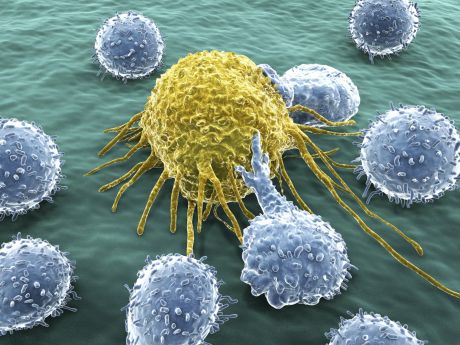
Current projections estimate that lung and pancreatic cancer will be the main causes of cancer-related deaths in the next decades. European researchers joined forces to facilitate substantial progress in their management.
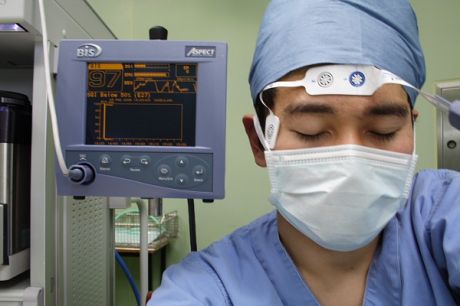
European researchers worked to delineate the mechanism that links metabolic disorders such as obesity and diabetes with cancer.

Uncorrected refractive errors are the second leading cause of blindness. An EU-funded study is developing a biomechanical model to predict the outcome of laser-based refractive eye surgery, a procedure that can prevent blindness.

Nuclear pore complexes (NPCs) control the passage of large molecules between the nucleus and the cytoplasm. Research revealing possible supramolecular mechanisms could be important in advancing targeted therapies for viral infections.

The maternal womb environment plays a crucial role in foetal development. By focusing on epigenetic and metabolic parameters, European scientists are working to understand their impact on embryonic development and improve overall human health.
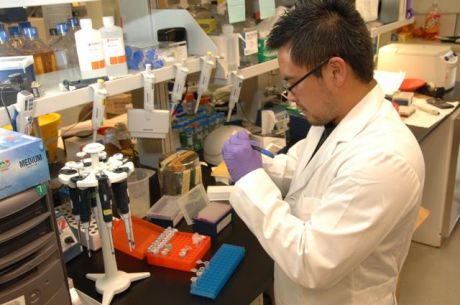
Inflammation helps maintain health, but unresolved inflammatory responses can alter tissue homeostasis and cause disease. European researchers are targeting the physiological mechanisms that resolve inflammation to treat chronic inflammatory conditions.

Infections that occur in the hospital are a major health concern in Europe, as well as a significant economic burden. An EU initiative developed a novel process to create antimicrobial textiles for use in hospitals.

Relapsed high-grade serous ovarian cancer (HGSOC) is the main cause of epithelial ovarian cancer (EOC)-related morbidity and mortality. EU-funded researchers are investigating factors contributing to recurrent EOC to find novel solutions.

Means to increase hypnotic suggestibility may provide individuals with more options in treatment of pain as well as psychological and neurological issues.
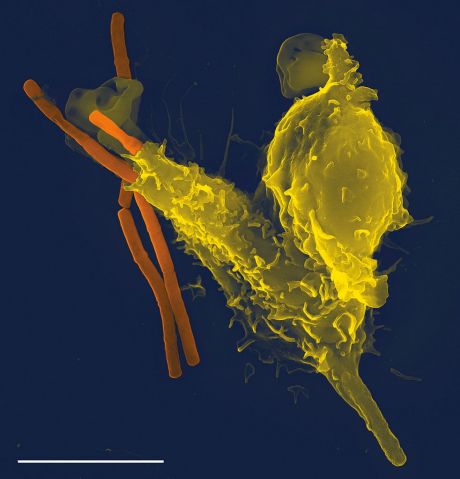
Aberrant immune responses are linked to cancer progression and transplantation rejection. EU-funded researchers worked on targeted immune modulation to improve patient outcomes.

Chronic autoimmune (AI) and inflammatory diseases (IDs) such as rheumatoid arthritis are severe and devastating pathological conditions. Developing novel therapeutic strategies for such diseases is a highly important research priority.

Incidence of vision loss and impairment are increasing with advancing longevity. An EU-funded project worked on developing a system of gene therapy complete with non-viral vectors to address this mounting problem.

Comprehending how maternal obesity influences offspring health could improve the overall health of the European population. European scientists have identified which early developmental factors determine our health and ageing.
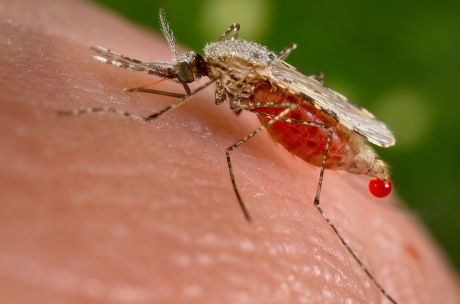
In light of the increased risk of West Nile disease and Chikungunya fever in Europe, scientists developed a proactive approach to anticipate and deal with the threat of these mosquito-borne infections at the EU level.

A normally functioning immune system protects us from infection and is tolerant to innocuous environmental antigens but this is not the case in allergy and asthma patients. EU-funded investigators worked on determining the underlying mechanisms.
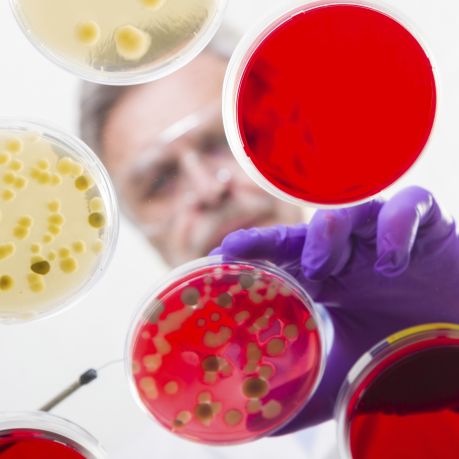
Many human diseases are caused by bacterial pathogens but little is known about how they emerged. EU funded researchers worked to change the status quo using Rickettsiales as a model system.

EU funded researchers studied the role of transglutaminase (TG) enzymes in disease to develop novel diagnostic methods and therapies for coeliac disease (CD) and neurodegenerative disorders.
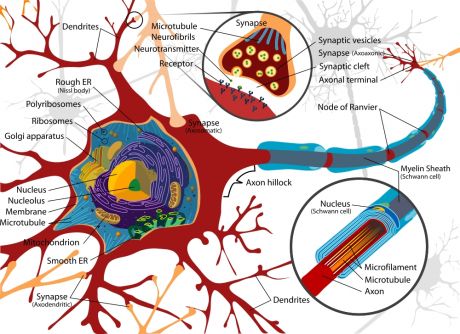
The regenerative capacity of the adult brain is limited and decreases with age. An EU-funded project is investigating the mechanisms of senescence-related changes in the stem cells in the brain.

European researchers are working on a new class of antibiotics that will hopefully address the problem of antibiotic resistance.
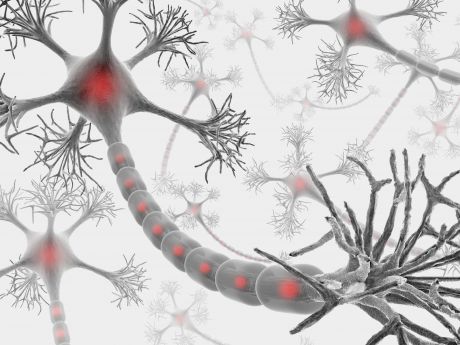
Peripheral nerve damage is a serious cause of disability, with hundreds of thousands of individuals affected every year in Europe. An EU-funded consortium is developing an artificial nerve implant that promotes and supports the repair of damaged peripheral nerves across long distances.
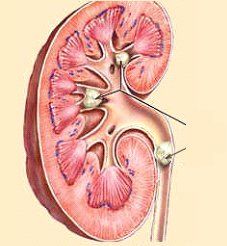
Chronic kidney disease (CKD) affects more than 50 million people worldwide. Already impacting health care budgets, its prevalence is slated to rise due to associated epidemics such as obesity, hypertension and diabetes.

A European study is working on a cell-based treatment following organ transplantation to reduce the need for pharmacological immunosuppression.

Palliative care is an approach that improves the quality of life of patients and their families facing the problems associated with life-threatening illness. EURO IMPACT, an EU-funded FP7 Marie Curie project, developed an educational and research training framework for palliative care researchers in Europe, to help researchers deliver high quality research, as a necessary evidence base for high-quality practice.
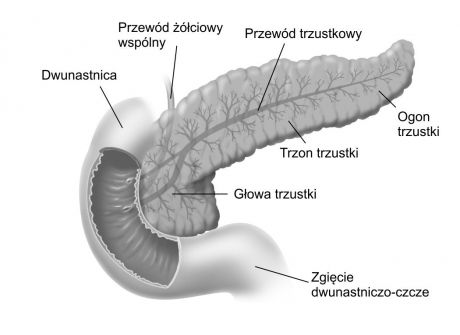
The dysfunction of pancreatic beta cells and brown adipose tissue (BAT) occurring in diabetes results from defective signal transduction and organelle function. A European initiative is identifying the molecular mechanisms involved and the cross talk between these two key tissues.
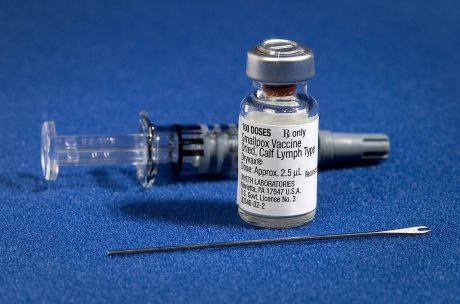
Vaccine development is a lengthy and costly process largely dependent on trial and error. Better tools are needed to evaluate vaccine effectiveness and correlate it with immunity particularly for those diseases for which immune responses conferring protective immunity are unknown, such as malaria.
























